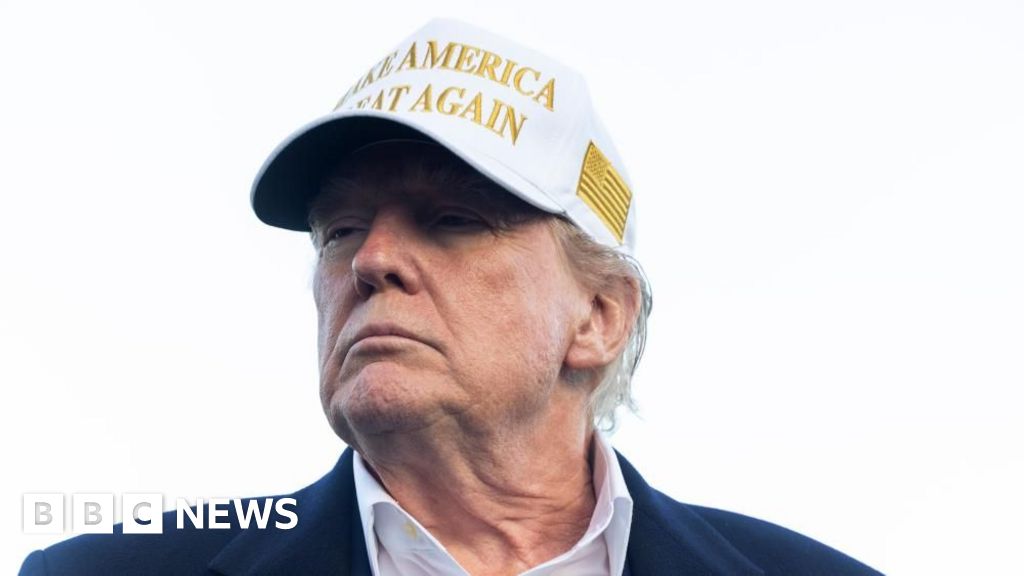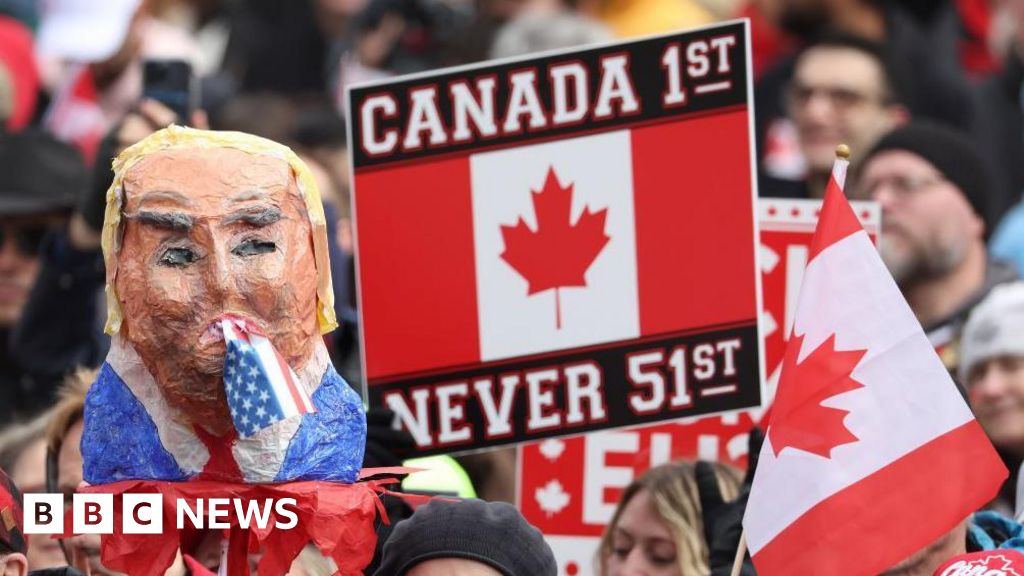France Warns of Sanctions Reimposition on Iran Amid Nuclear Deal Tensions

In an emphatic address to the U.N. Security Council on Monday, France's Minister for Europe and Foreign Affairs, Jean-Noel Barrot, made it clear that France would not hesitate to reinstate United Nations sanctions on Iran if diplomatic negotiations over its nuclear program falter. This statement comes as the 2015 nuclear agreement, known formally as the Joint Comprehensive Plan of Action (JCPOA), is set to expire in just a few weeks.
Barrot, representing not only France but also Britain and Germanycollectively referred to as the E3asserted that their commitment to regional security remains paramount. He indicated that should the E3 deem that their security interests are not sufficiently safeguarded by Iran's actions, they will invoke the 'snapback' mechanism to restore sanctions that had initially been lifted under the JCPOA. This mechanism allows the E3 to prompt a Security Council vote to reimpose sanctions if Iran does not comply with the agreement's terms.
It goes without saying that when the Iranian nuclear deal expires in a few weeks, if European security interests are not guaranteed, we will not hesitate for a single second to reapply all the sanctions that were lifted 10 years ago, Barrot stated, underscoring the urgency of the situation.
The backdrop to these warnings includes ongoing negotiations between Iran and the United States, which unilaterally withdrew from the JCPOA in 2018 under former President Donald Trump, subsequently reinstating sanctions. Trump's administration has expressed optimism about reaching a new accord aimed at curtailing Iran's nuclear ambitions, although Iranian officials maintain that their nuclear program is intended solely for civilian purposes.
Reports from diplomatic sources indicate that the E3 nations are now considering initiating the snapback mechanism by August, rather than the previously anticipated June timeline. This change reflects a growing sense of urgency as the October 18 deadline approaches, at which point the terms of the original agreement will be void, potentially leading to economic repercussions for Iran.
Barrot further elaborated on the consequences of reinstating sanctions, stating, These sanctions would then permanently close off Iranian access to technology, investment, and the European market, with devastating effects on the country's economy. This is not what we want, and that is why I solemnly call on Iran to take the necessary decisions today to avoid the worst. His remarks highlight the potential humanitarian and economic fallout that could ensue from a return to sanctions.
In a potential move towards reconciliation, Iran has reportedly proposed a meeting with the E3 nations, which could take place in Rome this Friday, contingent upon the resumption of talks with the United States. However, diplomats have noted that the E3 has yet to respond to this offer, leaving the future of negotiations uncertain.
As the clock ticks down to the expiration of the nuclear deal, the international community watches closely, aware that the decisions made in the coming weeks could have far-reaching implications for regional stability in the Middle East and global security.






















